Central America
Nicaragua dissolves 83 ‘foreign agent’ organizations
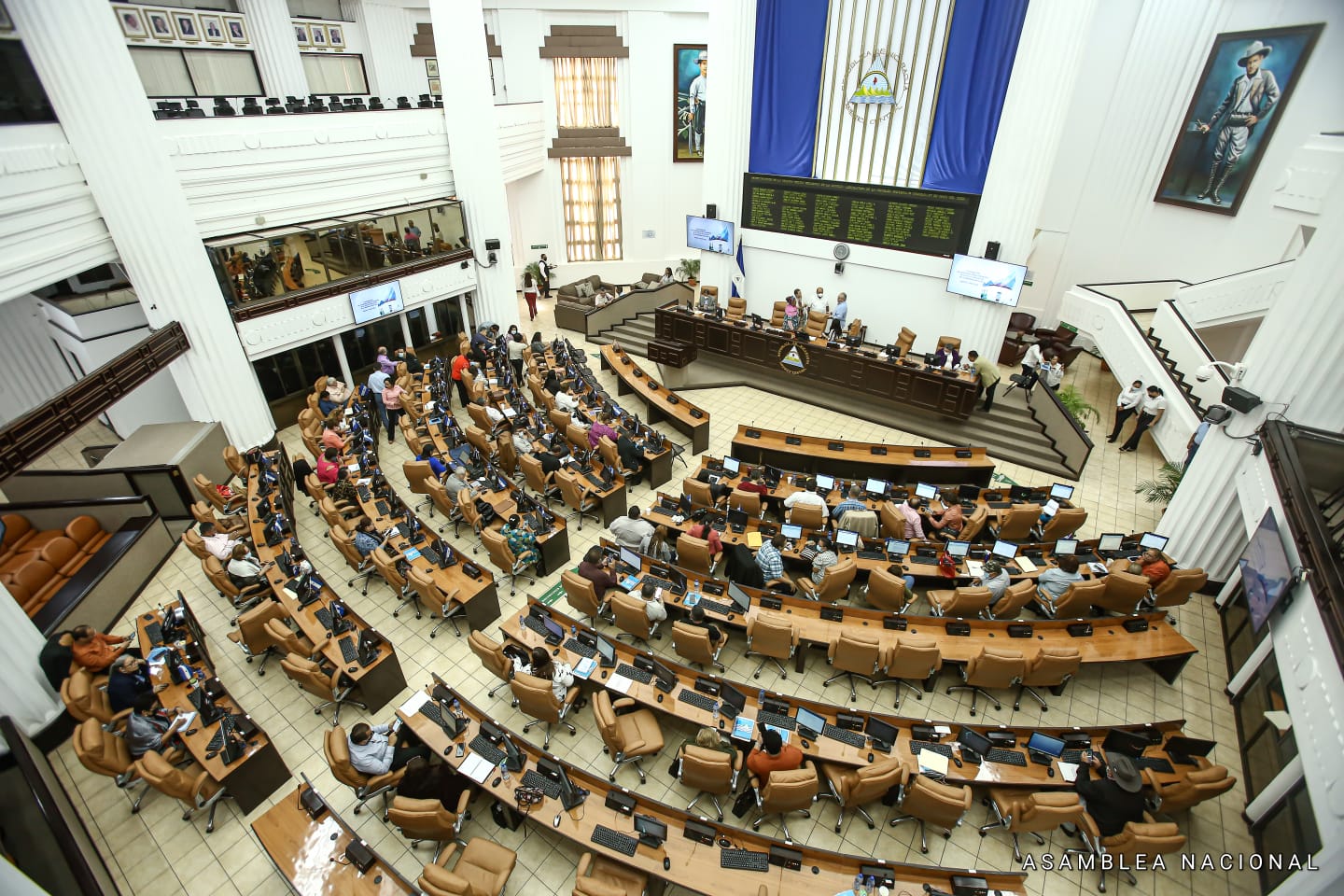
AFP
Nicaragua’s parliament on Tuesday dissolved 83 non-governmental organizations including the country’s language academy, accusing them of having violated a law on “foreign agents.”
Dominated by allies of President Daniel Ortega, parliament overwhelmingly approved the government’s request to dissolve the legal entity of these associations without even debating the bill.
The Nicaraguan Academy of Language, founded in 1928, works on Spanish grammar and the Spanish dictionary.
“The Nicaraguan Academy of Language deeply regrets the cancellation of the legal standing of an institution dedicated to the study of the language and the cultivation of Nicaraguan letters,” it said in a statement.
The move will “hamper the functioning of an institution whose work has contributed to extolling the most precious asset of culture: language,” it added.
All the dissolved bodies are accused of failing to comply with a 2020 law obliging people and organizations receiving funds from abroad to register as “foreign agents” with the interior ministry.
They must also supply financial records to authorities.
The interior ministry said the 83 organizations had “violated and failed to respect their obligations” and had “obstructed the control and surveillance” of their activities.
Around 200 entities such as NGOs and humanitarian organizations have been dissolved by Ortega’s government since mass street protests against his rule in 2018.
Authorities cracked down on the protests, leaving more than 350 people dead and thousands forced into exile, according to the Inter-American Commission on Human Rights.
The government accuses NGOs that receive foreign funding of attempting to foment a coup d’etat backed by the United States.
Ortega, a 76-year-old former leftist guerrilla, won a fourth successive election last year after all his credible challengers were jailed, in a vote widely dismissed as a farce.
Central America
Mazatenango Carnival cancelled amid State of Siege in Guatemala
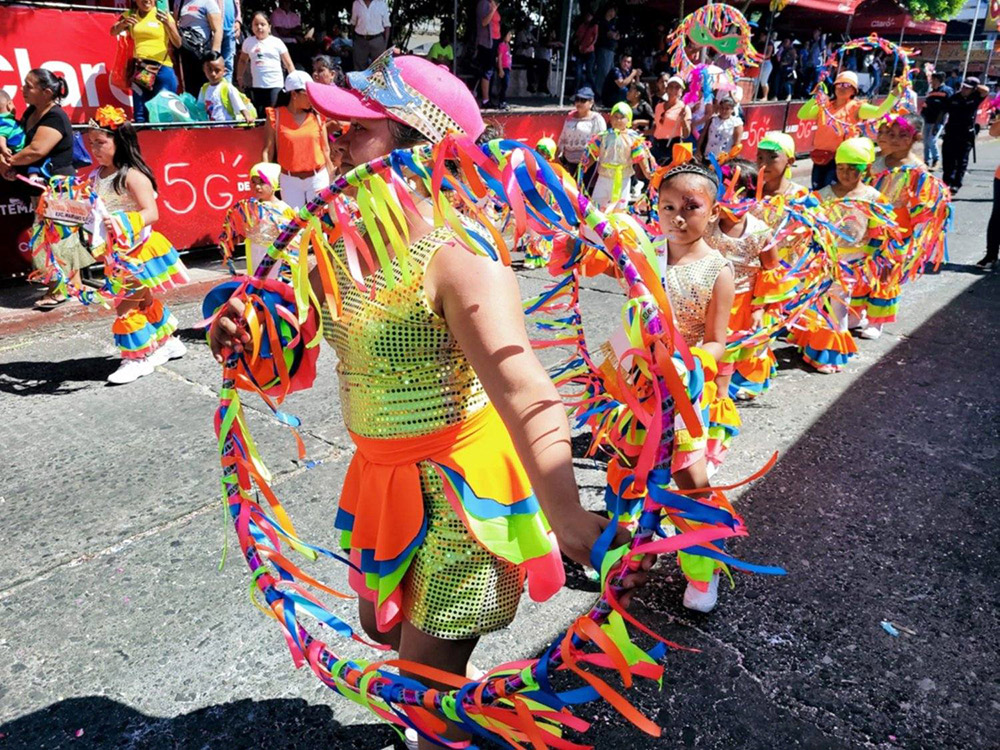
The municipal government of Mazatenango, in the department of Suchitepéquez, Guatemala, has cancelled the city’s traditional Carnival as a security measure aimed at protecting visitors and residents.
The decision was announced on Tuesday through the municipality’s official Facebook page and comes as a preventive action amid the state of siege declared by the national government last Sunday.
The Mazatenango Carnival, one of the country’s most emblematic festivities, boasts more than 140 years of traditionand typically draws large crowds from across Guatemala and neighboring regions. Its program usually includes parades of floats, the traditional “Rabbit Race,” street dancing and live music, concerts, and cultural events in the Central Plaza.
According to the official statement, the cancellation responds to the current security context and the restrictions associated with the state of siege, prioritizing public safety.
Municipal authorities clarified that the scheduled concert by La Arrolladora Banda El Limón will still take place separately and will be the sole responsibility of the private production company, independent of the cancelled carnival activities.
Central America
Guatemala raises police death toll to nine after gang violence escalates
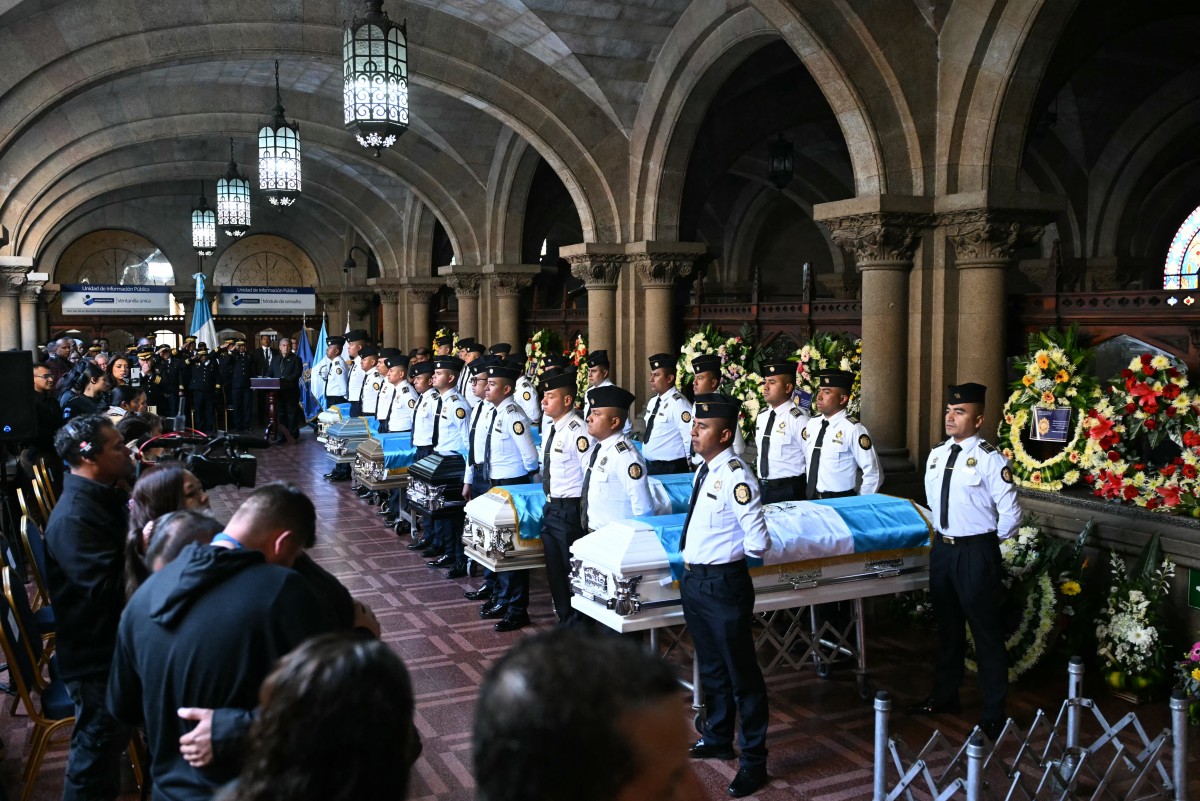
Guatemalan authorities raised the death toll of police officers killed in a wave of gang violence to nine on Monday, after one officer wounded in the attacks died from his injuries. The violence prompted the government to declare a state of siege.
Criminal gangs launched a series of coordinated attacks against police forces across several parts of the country in retaliation for the government’s recapture of three prisons, where gang leaders had been holding dozens of prison guards hostage. Authorities said the hostages were used to pressure officials into transferring gang leaders to facilities with looser security measures.
Eight police officers were killed on Sunday. Another officer, identified as Frayan Medrano, died Monday in a public hospital after being shot while riding a motorcycle with a colleague, who remains in critical condition, according to police and the Ministry of the Interior.
Central America
Guatemala prison uprisings leave 46 guards held by gangs
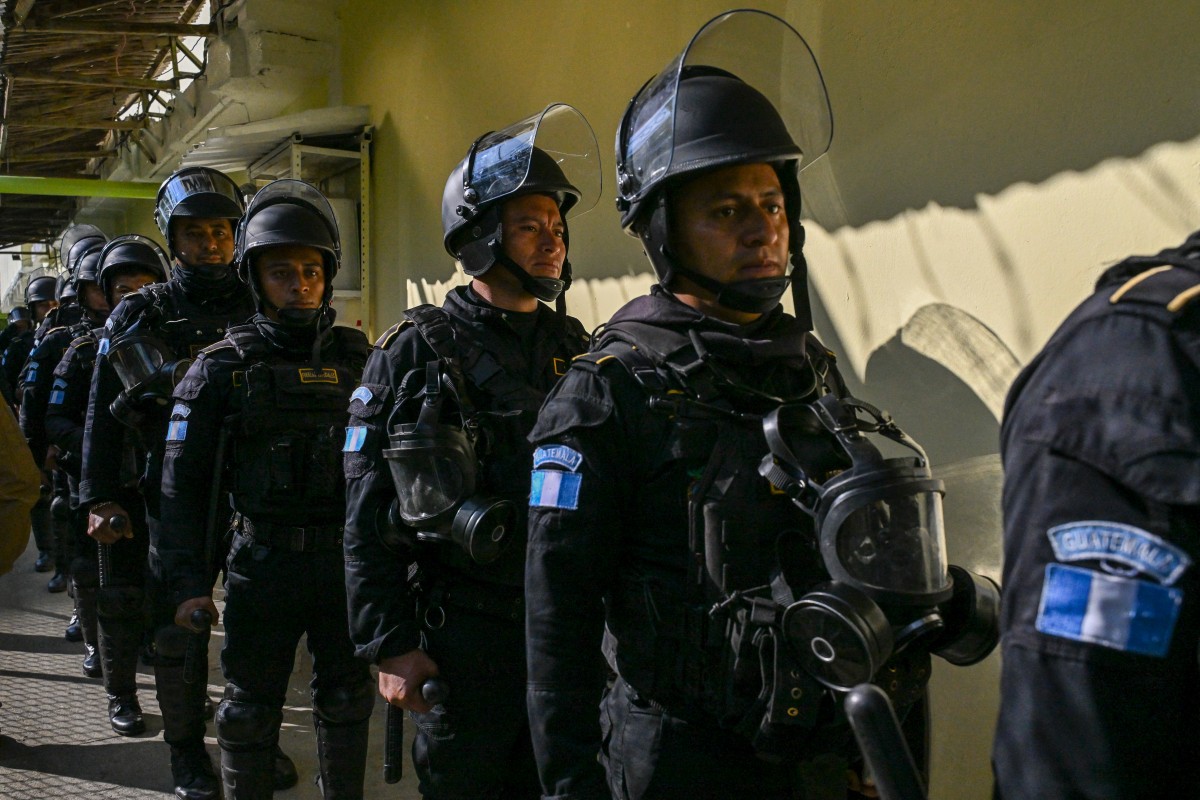
Gang members staged riots, took prison guards hostage and set fires on Saturday at several prisons in Guatemala, in protest over the transfer of their leaders to a maximum-security facility and the implementation of new confinement measures, authorities said.
The Barrio 18 and Mara Salvatrucha (MS-13) gangs — both designated as terrorist organizations by the United States and Guatemala — are accused of contract killings, extortion and drug trafficking. Guatemala’s Minister of the Interior, Marco Antonio Villeda, confirmed that the unrest affected three prison facilities.
Villeda said the riots did not result in any fatalities or injuries, but 46 prison guards are currently being held hostage by gang members.
The minister stated that the government is willing to engage in dialogue to secure the release of the detained personnel, regain control of the prison facilities and ensure that inmates submit to internal regulations and the rule of law.
“Dialogue, not negotiation. We are dealing with terrorist structures that are financed and well organized. These are terrorist groups with whom we will not negotiate. The State is acting with legitimacy and in accordance with the law,” Villeda said.
According to official figures, 18 guards are being held at the Renovación 1 prison and the Preventive Detention Center for Men in Zone 18 — nine at each facility — while another 28 guards are hostages at the Fraijanes 2 prison.
Villeda acknowledged that all three prisons remain under gang control, but stressed that authorities are prioritizing the safety of those being held. “We will guarantee their lives and respect for them. We will take whatever time is necessary to retake control of the prisons,” he said.
The minister also warned that the prison riots are part of what he described as an “orchestrated plan,” which has included road blockades in other parts of the country and the destruction of penitentiary infrastructure and records.
-

 International3 days ago
International3 days agoDeath toll from southern Spain train crash rises to 40
-

 Central America3 days ago
Central America3 days agoGuatemala raises police death toll to nine after gang violence escalates
-

 International18 hours ago
International18 hours agoMexican influencer “La Nicholette” kidnapped in exclusive area of Culiacán
-

 Central America4 days ago
Central America4 days agoGuatemala prison uprisings leave 46 guards held by gangs
-

 International3 days ago
International3 days agoOver 160 christian worshippers kidnapped in Kaduna Church attacks
-

 International2 days ago
International2 days agoDaily Mail publisher insists reports relied on legitimate sources amid privacy trial
-

 International2 days ago
International2 days agoGermany says football bodies alone will decide on possible World Cup boycott
-

 International4 days ago
International4 days agoChile declares state of catastrophe as wildfires rage in Ñuble and Biobío
-

 International3 days ago
International3 days agoSpain’s Prime Minister pledges transparency after train crash kills at least 39
-

 International18 hours ago
International18 hours agoTrump announces preliminary NATO agreement on Greenland, suspends tariffs on Europe
-

 International18 hours ago
International18 hours agoMajor winter storm to blanket U.S. and Canada with snow, ice and arctic cold
-
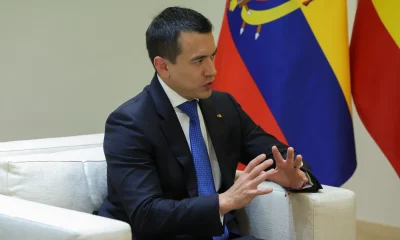
 International17 hours ago
International17 hours agoColombia slams Ecuador’s 30% tariff as ‘economic aggression’
-
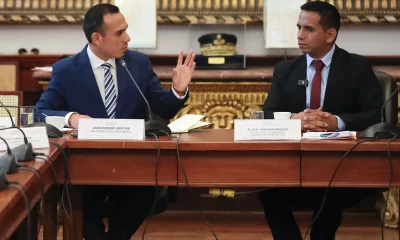
 International17 hours ago
International17 hours agoJosé Jerí claims destabilization attempt after videos of secretive meetings surface
-

 International4 hours ago
International4 hours agoTrump to invite Venezuela’s interim president Delcy Rodríguez to Washington
-

 International4 hours ago
International4 hours agoVenezuela’s interim president predicts 37% increase in revenues for 2026
-

 International4 hours ago
International4 hours agoMarkets rise as Trump halts Europe tariffs and floats Greenland agreement framework
-

 International4 hours ago
International4 hours agoFour minors killed in deadly clash between FARC dissidents in Colombia’s Amazon
-

 Central America4 hours ago
Central America4 hours agoMazatenango Carnival cancelled amid State of Siege in Guatemala
-

 International3 hours ago
International3 hours agoJapan reopens Kashiwazaki-Kariwa Plant despite public concerns


























